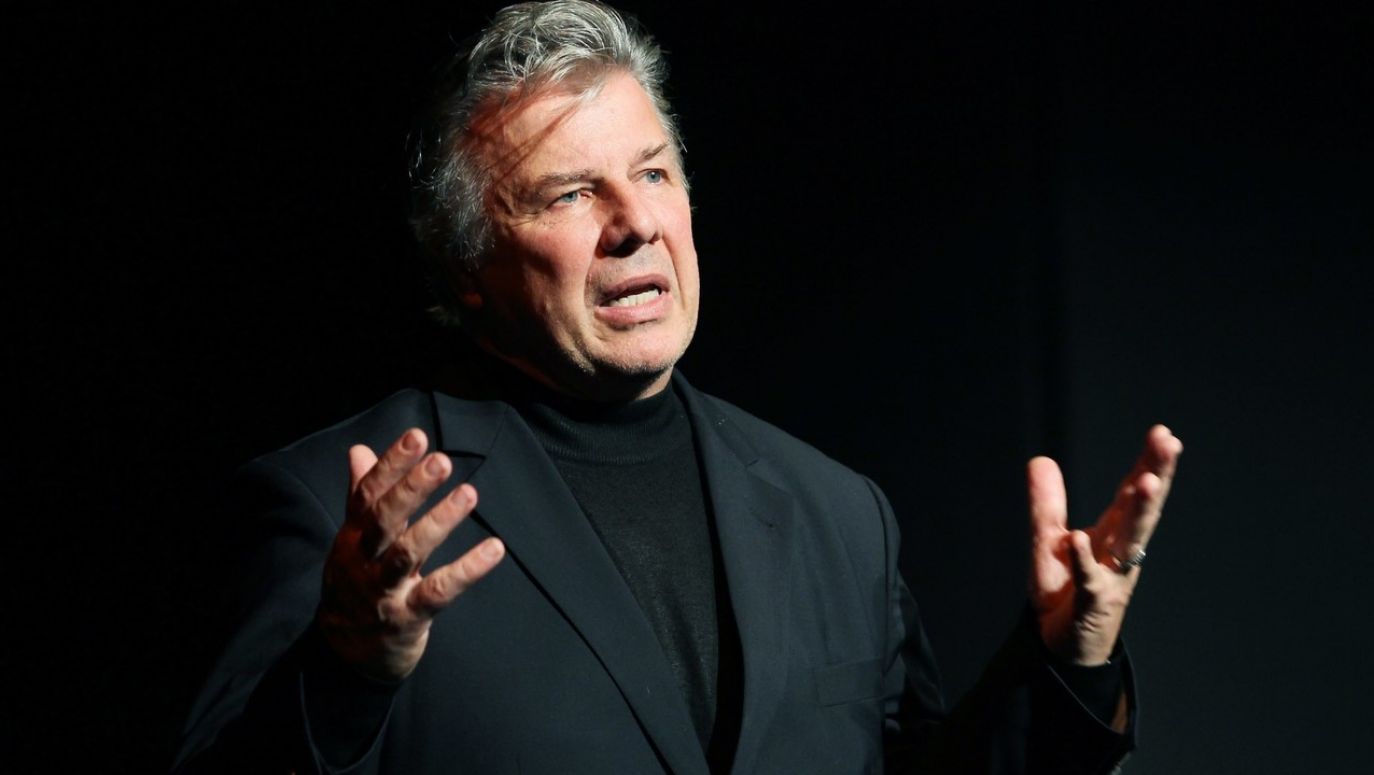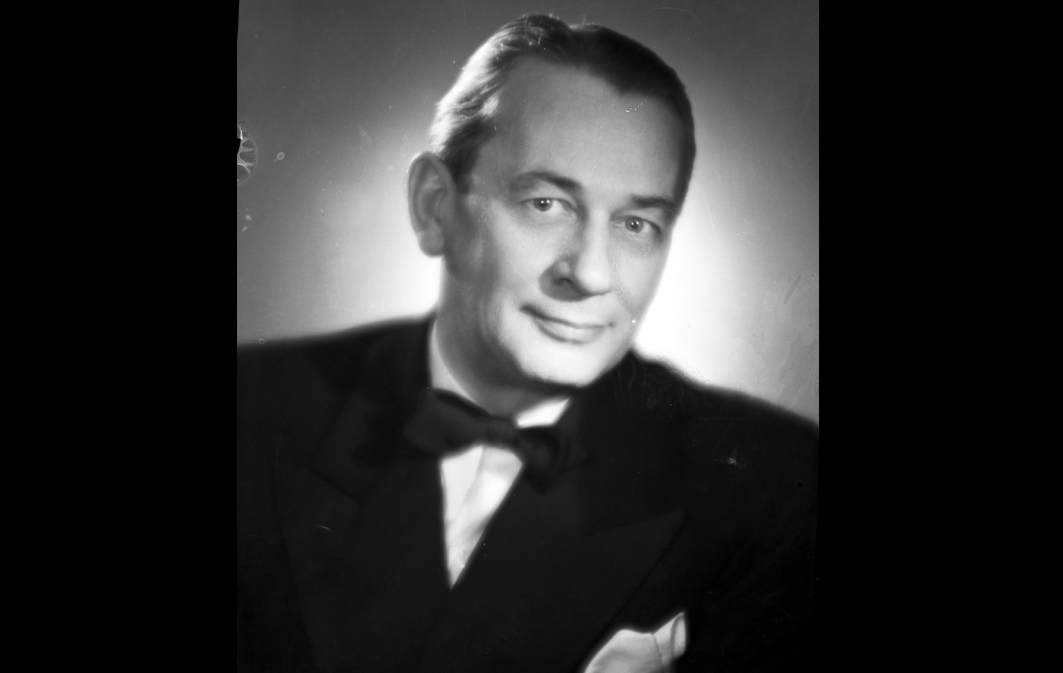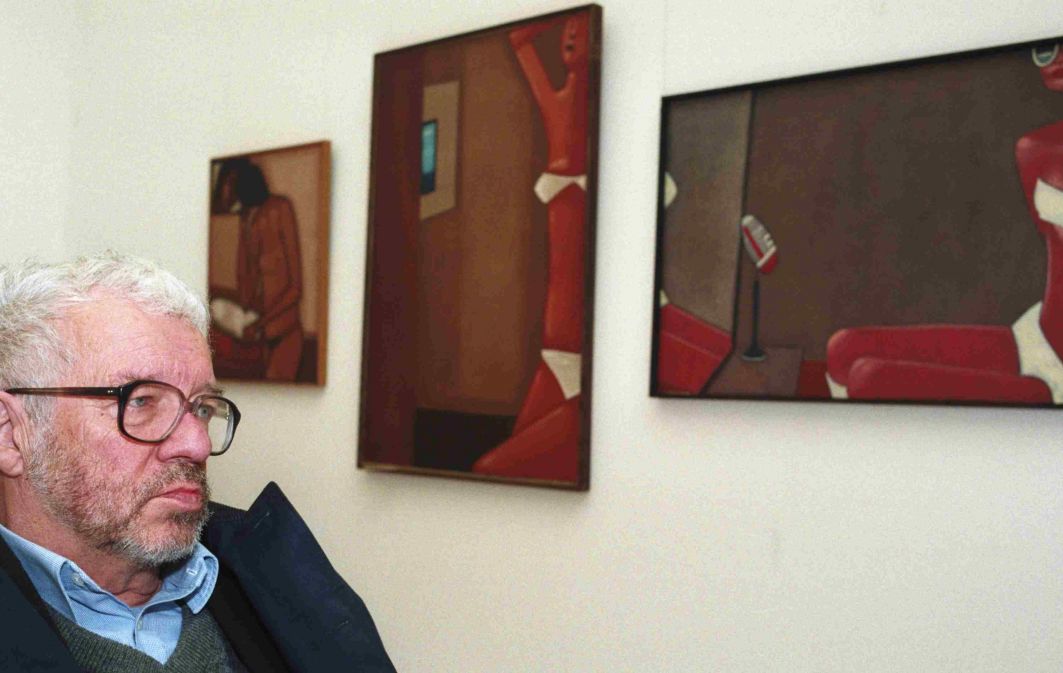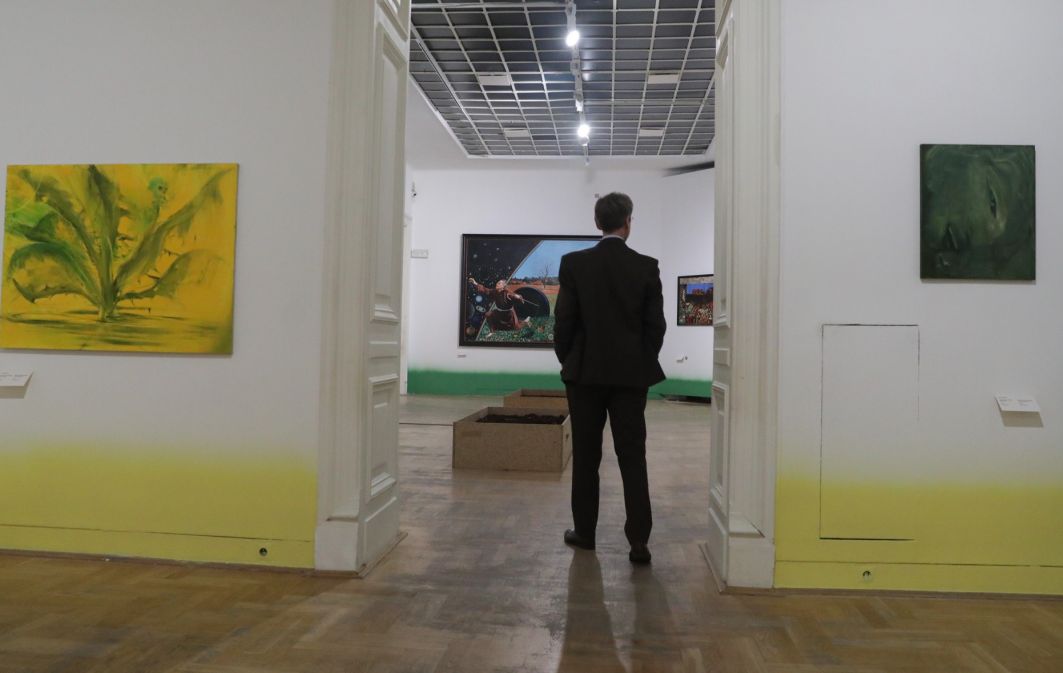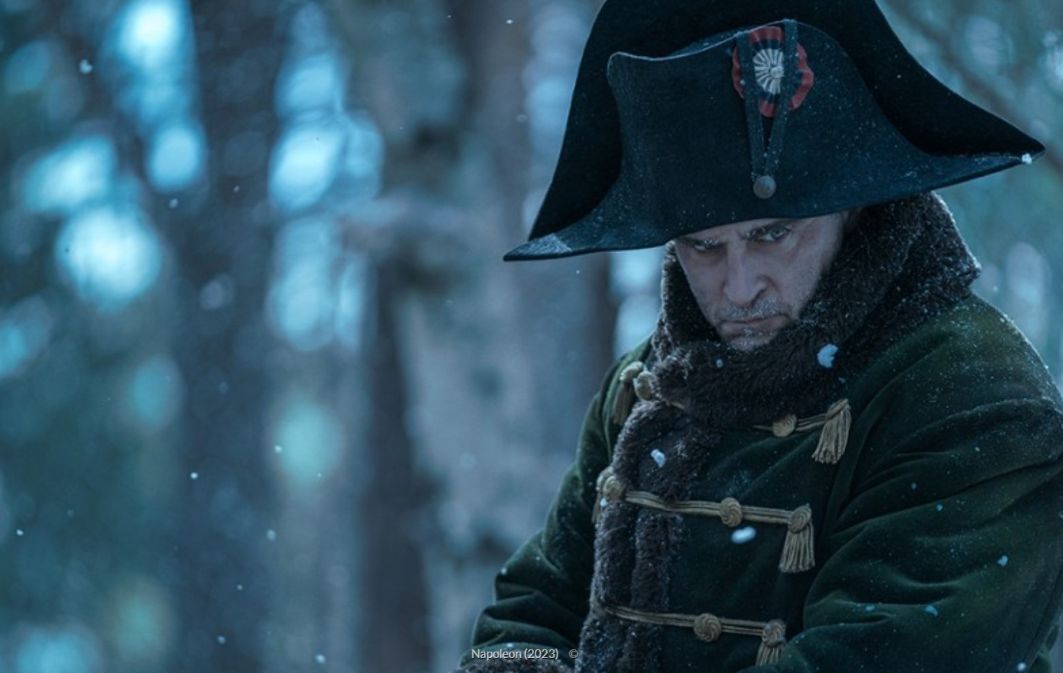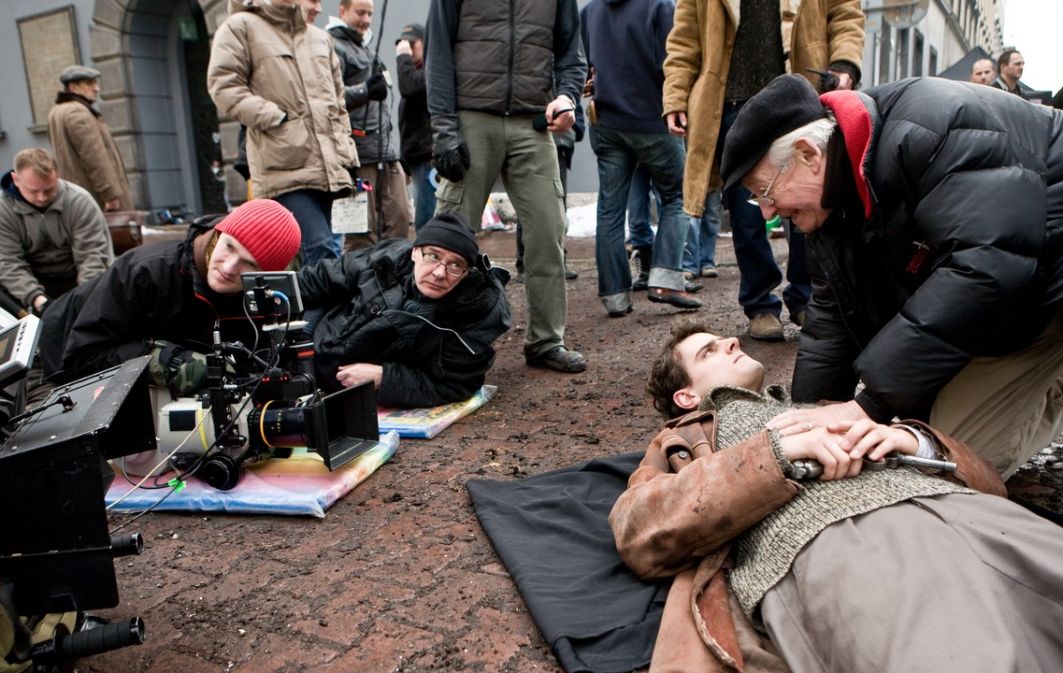He considered the Home Theatre to be a unique phenomenon. As well as acting in it, he was also responsible for transport and security. He made sure that the actors were not recorded or photographed. Father Jerzy Popiełuszko became the institution's informal chaplain. He would come to rehearsals and lend his parsonage for the performance.
Chicken coop and quarry
The Home Theatre gave its premiere performance on 1 November 1982 in Dałkowska's Ursynów flat. "Restoring Order" discounted the work of Barańczak, Kelus, Anna Kamieńska, Jacek Kaczmarski and Ernest Bryll. The first version of the show was previously performed at the Teatr Powszechny. It fell off the bill after 13 December 1981.
During the second premiere - 'Cabaret' - Kaminski presented 'Blitz on Jaruzelski'. The audience literally reeled with laughter. Every year on 13 December, the recording of this lampoon has thousands of views. To this day, there are disputes about the authorship of the text. Kaczmarski, or perhaps Maciej Zembaty?
Zbigniew Raszewski watched 'Our God's Brother', by Karol Wojtyla, at the Home Theatre. Afterwards, he noted:
"Several dozen people sat in a semi-circle in a large room. The youngest sat on the floor. The 'Theater Diary' delegation was given very good seats, on a table against the wall. In the first part of the performance, the three actors played a great montage of poems and songs. The story of the abduction from home, the transport, the Christmas Eve in the camp, was unflinchingly brought out. Black bread was broken [...]. It became incredibly solemn. Then there was a break. The theatre had to be aired, so we went into the other room. Only then was the fee thrown into a hat. There was a buffet."
 SIGN UP TO OUR PAGE
SIGN UP TO OUR PAGE

Sometimes they performed in churches, catechetical halls and sometimes even outdoors. The first performance outside of Warsaw took place in the village of Żółwin, on the premises of... poultry sheds belonging to Karolina Przybylska, a local activist in the Solidarity Trade Union of Individual Farmers. At other times, performances were held in a quarry near Kazimierz Dolny. But it was mainly the flats that served as the stage, which in a way referred to the tradition of patriotic meetings organised there during the years of the German occupation.
Händel, Janosik, Vertinsky…
It is impossible to count all the people who have passed through the Home Theatre, still waiting for its chronicler: Jerzy Zelnik, Zygmunt Sierakowski, Włodzimierz Nahorny, Kazimierz Wysota, Joanna Ładyńska, Magdalena Kuta, Daria Trafankowska. Maria Dłużewska, Marek Frąckowiak, Jerzy Gudejko, Piotr Machalica, Maria Robaszkiewicz, Bogdan Szczesiak, Jan Pietrzak, Jan Tadeusz Stanisławski, Tadeusz Szyma... Between 1982 and 1987, the theatre produced seven plays, staged at least four hundred times in the presence of around 32,000 spectators! Considering the circumstances, a truly impressive result.
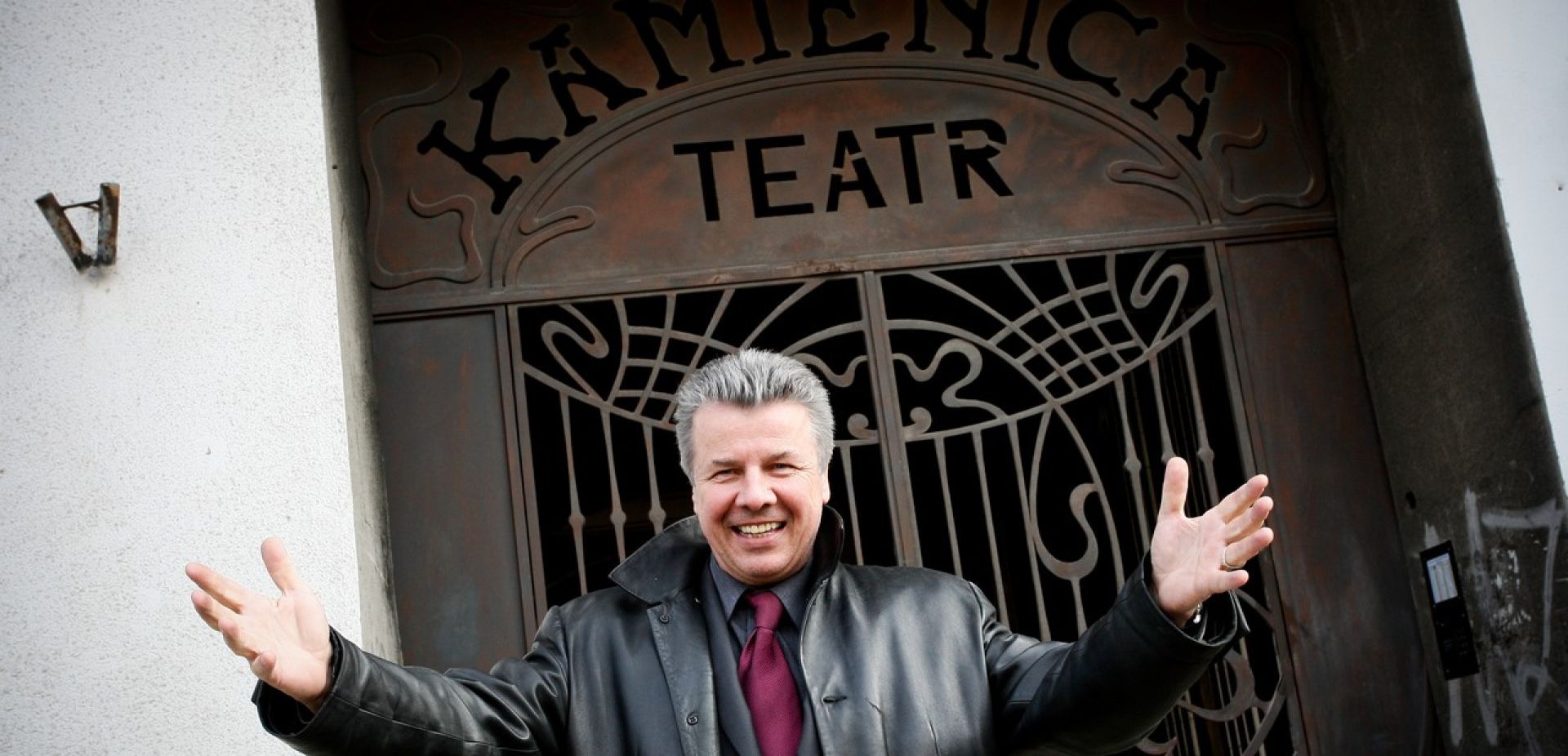
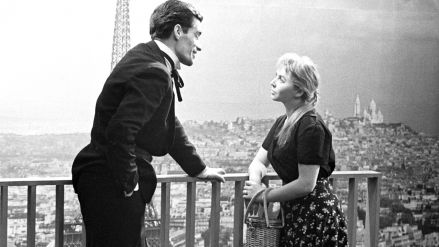
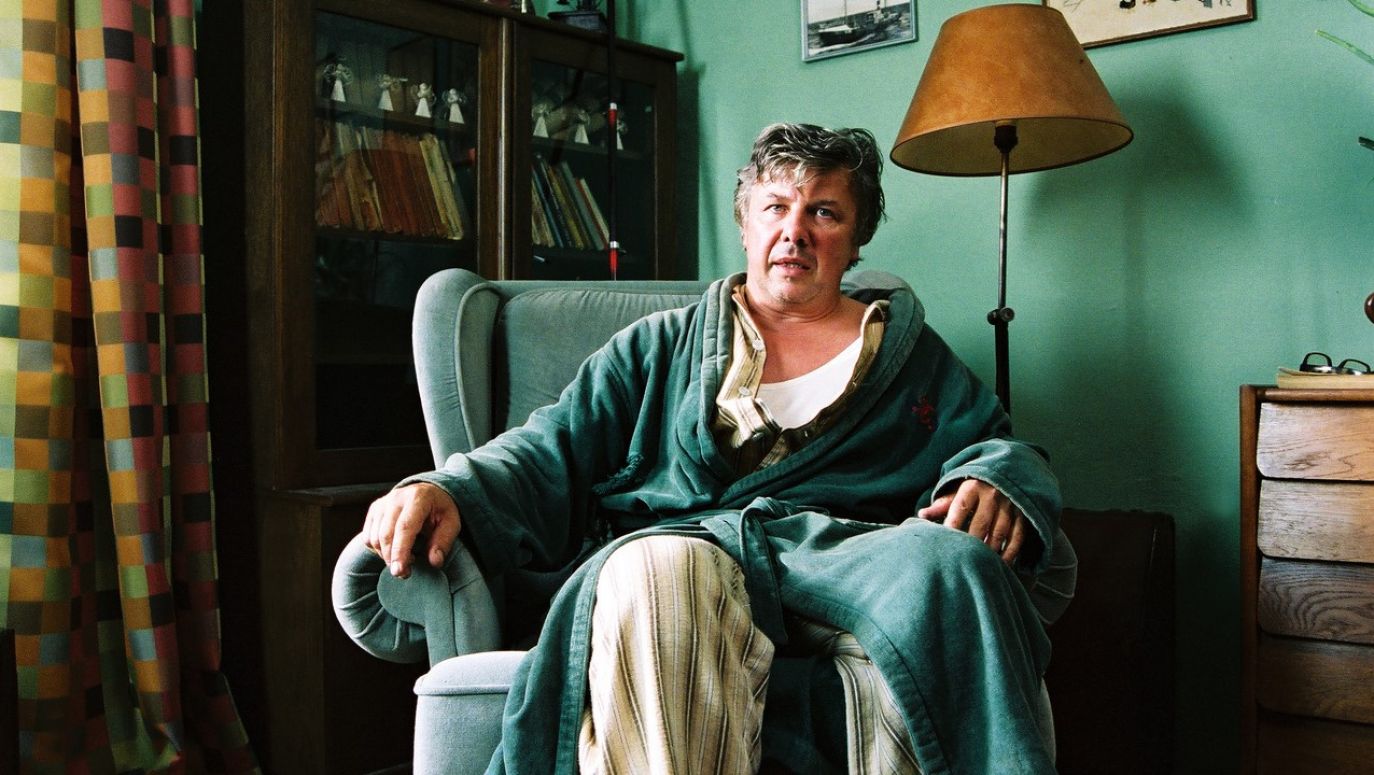
 SIGN UP TO OUR PAGE
SIGN UP TO OUR PAGE
 Sometimes they performed in churches, catechetical halls and sometimes even outdoors. The first performance outside of Warsaw took place in the village of Żółwin, on the premises of... poultry sheds belonging to Karolina Przybylska, a local activist in the Solidarity Trade Union of Individual Farmers. At other times, performances were held in a quarry near Kazimierz Dolny. But it was mainly the flats that served as the stage, which in a way referred to the tradition of patriotic meetings organised there during the years of the German occupation.
Sometimes they performed in churches, catechetical halls and sometimes even outdoors. The first performance outside of Warsaw took place in the village of Żółwin, on the premises of... poultry sheds belonging to Karolina Przybylska, a local activist in the Solidarity Trade Union of Individual Farmers. At other times, performances were held in a quarry near Kazimierz Dolny. But it was mainly the flats that served as the stage, which in a way referred to the tradition of patriotic meetings organised there during the years of the German occupation. 